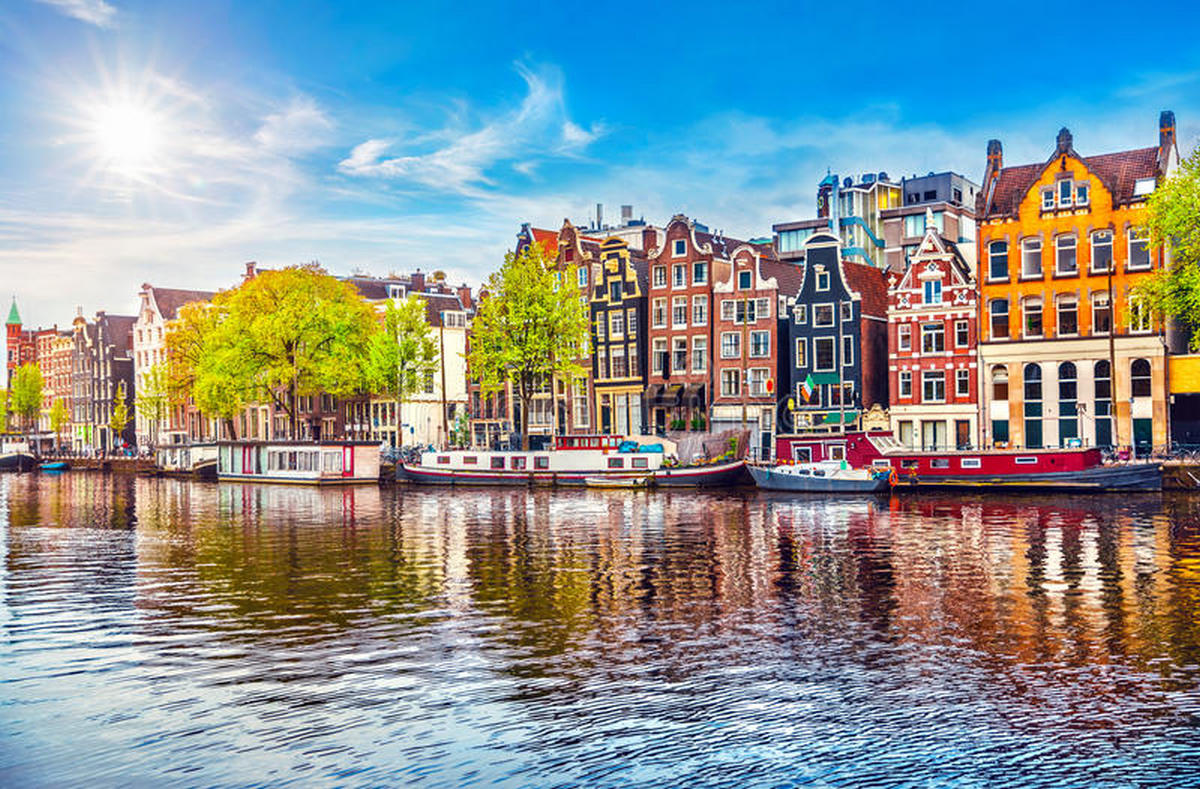This Saturday, September 17, the Netherlands lifted the latest COVID-related requirements for international travelers, lifting the ban on entry from EU countries that had been in place until now.
“Given the current epidemiological situation in the Netherlands, the government believes that the ban on entry from the EU is no longer proportionate for entry into the Netherlands,” said a statement published last Friday by the Dutch government.
Most of the travel restrictions were lifted at the end of February after the country’s capital Amsterdam emerged from its third pandemic lockdown, but the provisions of the ban on entry from EU countries were maintained.
Under the country’s former policy, travelers arriving from outside the EU and the Schengen area (from so-called “third countries”) had to provide proof of full vaccination against COVID-19 or a valid recovery certificate to enter the Netherlands.
Meanwhile, travelers arriving from EU countries or the wider European Economic Area (EEA) have for some time now been able to enter the Netherlands without restrictions, regardless of vaccination, recovery, or testing status.
There were previously exemptions for those arriving from countries classified as “safe”, which most recently include Bahrain, Chile, Colombia, Hong Kong, Indonesia, Kuwait, New Zealand, Peru, Qatar, Rwanda, Saudi Arabia, South Korea, Taiwan, the United Arab Emirates, and Uruguay, reports CNN.
Visitors’ vaccination certificates previously also had to meet several criteria, including that the types of vaccines had to relate to those approved by the European Medicines Agency or the World Health Organization and had to have been administered within the last nine months.
Announcing the lifting of the latest restrictions on entry to the Netherlands, Dutch authorities also noted that the European Union’s administrative body also plans to propose a review of rules for travelers entering its member states sometime this fall.
“The European Commission also plans to publish a proposal to revise the rules of entry into the European Union (EU) in the fall of 2022,” the statement said.

